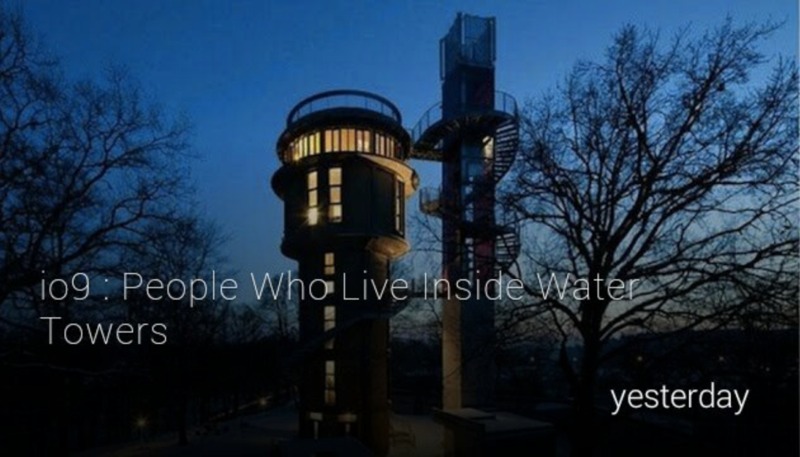
Depending on who you ask, wearable computers will either be the next big thing in technology or a completely superfluous and socially unacceptable line of gadgets only for pretentious techno-nerds. Mark Johnson wants you to know he’s in the former group, at least where Google Glass is concerned.
Johnson is the CEO of Zite, a personalized mobile news app that’s making the transition to Google Glass. The new Glass app, which it’s announcing today, will deliver the top 10 stories in a user’s Zite app straight to the screen hanging in front of her face. The app will also be able to read news stories aloud. Zite follows other publishers such as the New York Times, Twitter and Facebook, all of whom have already released Glass apps.
Why Zite Won’t Pass On Glass
The question plaguing many developers where Google Glass is concerned is simple: Why? Why spend time and resources building an app for a device that only a few thousand extremely select people currently use, and which has no guarantee of ever being a mass-market hit like smartphones and tablets?

Google hasn’t announced a public launch date for Glass, and rumors of the spectacles coming in 2014 at a budget-friendly price of $299 appear to be unfounded. Google’s moonshot is a cool idea, but it’s still just a beta product wrapped within a beta product. So why bother?
Johnson cites two reasons: The fear of missing out, and the ability to build for some cool technology that has the potential to be huge.
“When I got this pair of Glass I was really honored to be in the program but I thought, honestly, is that it is just a gimmick,” Johnson told ReadWrite. “As I started using them I realized that a revolution is coming, a revolution that is going to be pretty impossible for people to ignore. Not just for we that develop applications, but for consumers as well.”
As Game Changing As The Web Itself
Johnson likens Google Glass to the first time he saw the World Wide Web on a Mosaic browser, the now-ancient (in Internet time) ancestor of modern browsers.

0 Responses
Stay in touch with the conversation, subscribe to the RSS feed for comments on this post.